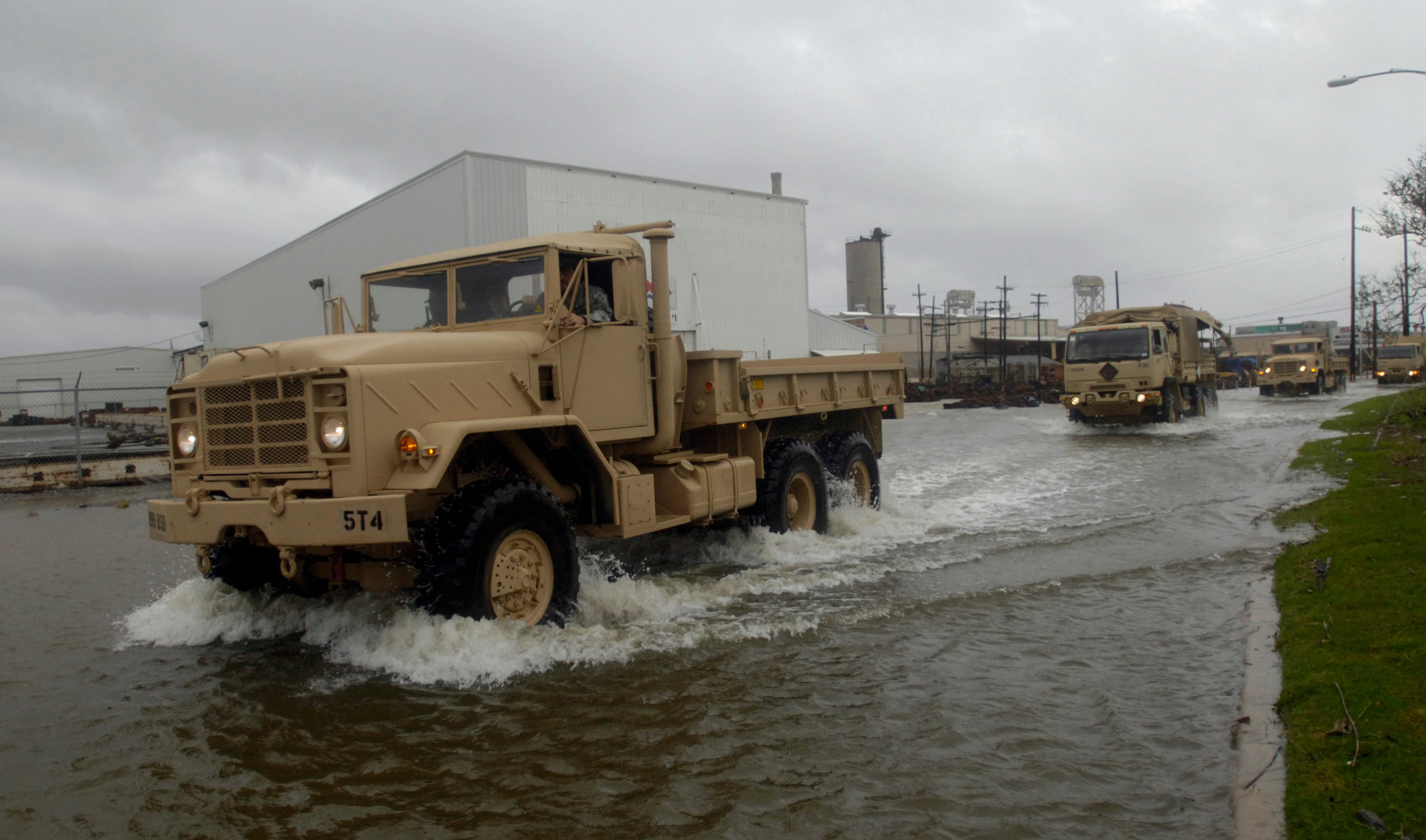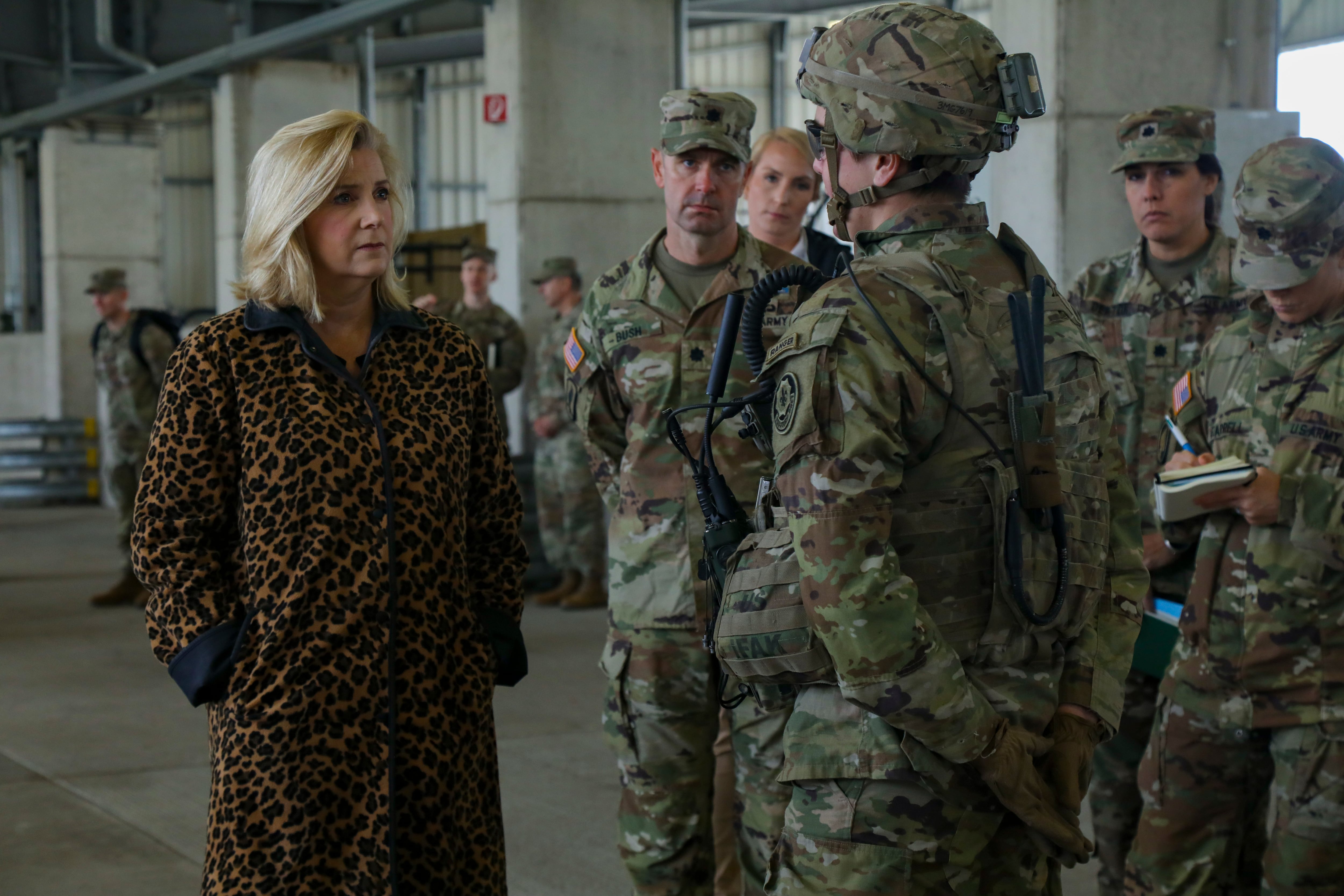The Army’s top civilian leader unveiled her top six objectives for the service in a Tuesday letter to the force and in remarks at a Center for a New American Security event. They include improving command climates, recruiting, modernization efforts and more.
Army Secretary Christine Wormuth hopes laying out the objectives — which expand upon her and Chief of Staff Gen. James McConville’s priorities of people, readiness and modernization — will help the service “achieve specific and tangible outcomes that we can continue to advance in the years ahead.”
Her first objective is establishing “a sustainable strategic path” for the service amid “an unpredictable future,” according to the letter. Wormuth cautioned that the Army is making “difficult choices” due to “increased fiscal pressures,” and emphasized that the service needs to keep pressing its modernization efforts to compete with Russia and China.
McConville implied Thursday in remarks at a Heritage Foundation event that the Army may continue to cut end strength as part of that effort.
“[Do you] want a big stick, or do you want a sharp stick? I believe in a sharp stick,” he said.
Wormuth’s second goal is to make the Army “more data-centric and [able to] conduct operations in contested environments,” she said. Her third focuses on hardening the force and its installations against the risks posed by climate change. The Army released its new climate strategy alongside Wormuth’s letter.
RELATED

Objectives four and five among her priorities are improving command climates across the force and reducing “harmful behaviors” like suicide, sexual assault and sexual harassment.
When explaining those priorities at CNAS, Wormuth described the murder of Spc. Vanessa Guillén as a “searing event...[that] brought our very much-needed attention on the challenge of sexual harassment and sexual assault.”
Guillén’s death and the subsequent investigations have driven a series of still-unfolding changes across the force, including action from Congress to reform the military justice system.
The secretary also recognized that command climates and “harmful behaviors” can’t be eliminated overnight, emphasizing in her letter that the Army must continue to “institutionalize” prevention programs and select “the best possible” leaders to improve “year after year.”
Finally, Wormuth called for the Army “to strategically adapt the way we recruit and retain talent” as her sixth objective.
“We need to tell the Army’s story in new ways to ensure we remain the first choice for Americans who want to serve their country,” she said in the letter. “My goal is to help all Americans to be able to see themselves in what the Army has to offer.”
McConville explained Thursday that part of the challenge the service faces in recruiting is a reduction in the proportion of Americans qualified to serve. He told listeners that the Army “need[s] all the help we can get to inspire young men and women” to enlist.
Wormuth also reflected on how younger Americans may not have the same reasons for serving as they did 20 years ago in the wake of the 9/11 attacks, which necessitates a different approach to recruiting.
“Are we really reaching out to every possible American that might want to serve in the Army? And are we communicating what the Army offers to young Americans in the most effective way?” she asked. “We have to...better articulate what is the value proposition for joining the Army.”
Davis Winkie covers the Army for Military Times. He studied history at Vanderbilt and UNC-Chapel Hill, and served five years in the Army Guard. His investigations earned the Society of Professional Journalists' 2023 Sunshine Award and consecutive Military Reporters and Editors honors, among others. Davis was also a 2022 Livingston Awards finalist.




